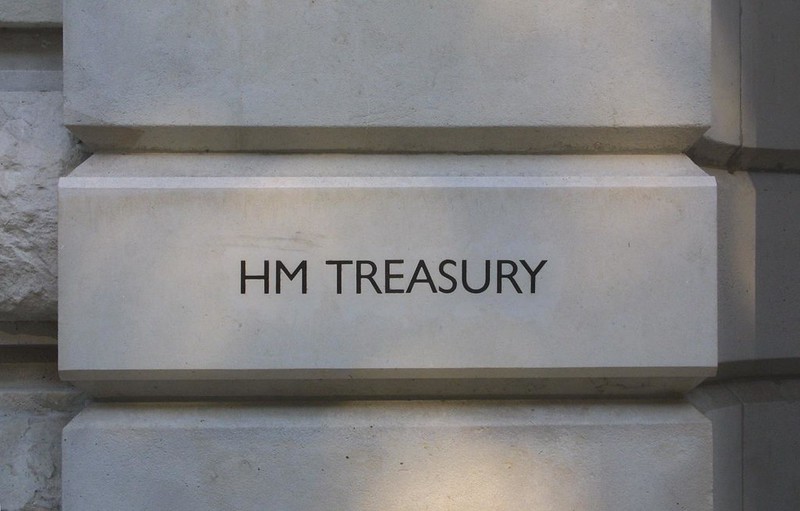Reform of the UK’s AML and CTF supervision regime

HM Treasury is consulting on reforms to the UK’s anti-money laundering (AML) and counter-terrorist financing (CTF) supervision regime. Find out what changes are being proposed.
The proposals
A 2022 review by HM Treasury found structural inconsistencies and weaknesses with the UK’s AML and CTF supervision regime.
The UK government aims to reform the regime to increase its effectiveness and improve coordination across the system.
Under the current regime, there are:
three statutory supervisors:
HM Revenue and Customs (HMRC)
the Financial Conduct Authority (FCA)
the Gambling Commission (GC)
22 professional body supervisors that supervise the legal and accountancy sectors
HM Treasury proposes the following four models:
OPBAS+
The Office for Professional Body Anti-Money Laundering Supervision (OPBAS) would be given enhanced powers to increase the effectiveness of supervision by the professional body supervisors.
This would strengthen OPBAS’s powers without any changes in the number or type of supervisors.
This model would be the most immediately feasible, requiring no structural changes.
Professional body supervisor consolidation
This model would result in the biggest structural changes determining which professional body supervisor would keep supervision capabilities.
Likely outcomes would see either two or six professional body supervisors retaining responsibility for supervision.
There could be either:
one accountancy sector supervisor and one legal sector supervisor, both with UK-wide remits, or
one accountancy sector supervisor and one legal sector supervisor within each jurisdiction (England and Wales, Scotland, and Northern Ireland)
This model would keep the current system in which private bodies supervise firms but reduce inconsistency and complexity by ensuring only the highest performing supervisors remained.
Single professional services supervisor
This model would see a single body supervise all legal and accountancy sector firms.
It may also supervise some or all the wider sectors currently supervised by HMRC.
While the existing professional body supervisors would no longer be responsible for AML/CTF supervision, they could continue to supervise firms for other purposes.
Single anti-money laundering supervision
Under this model, all AML/CTF supervision in the UK would be undertaken by a single public body.
The major difference between this and the last model is the Financial Conduct Authority and Gambling Commission would also stop supervising firms for AML/CTF compliance.
HMRC, the FCA, the GC and professional body supervisors would continue to supervise firms for general regulatory conduct.
What we’re doing
We amplify the powerful collective voice of more than 200,000 solicitors and your diverse experiences and background by advocating at the highest levels on the issues you’ve told us matter most.
We champion your interests and make sure your views are heard by decision makers at the highest levels.
The Money Laundering Task Force is reviewing the proposals and will respond to the government to represent you and your best interests.
Next steps
The consultation closes on 30 September 2023.
HM Treasury aims to decide which model to adopt in early 2024.
Read the full consultation on GOV.UK
Article Credit: https://www.lawsociety.org.uk/campaigns/consultation-responses/reform-of-the-uk-aml-and-ctf-supervision-regime
